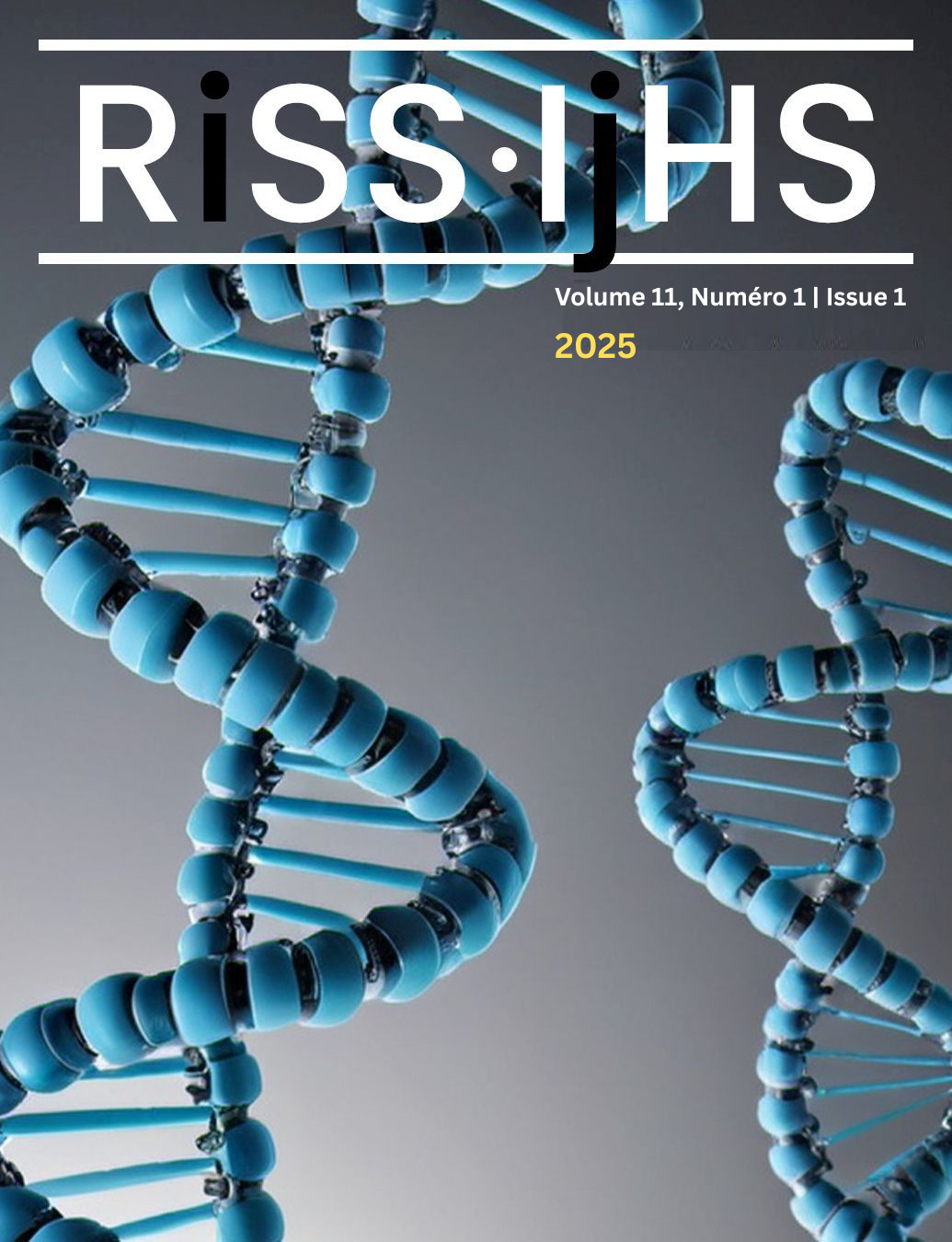Relationships among technology use, social engagement, resilience, and access to healthcare
DOI:
https://doi.org/10.18192/riss-ijhs.v11i1.7169Abstract
The COVID-19 pandemic prompted measures to protect the most vulnerable populations that induced inequities by diminishing accessibility of healthcare services for older adults. It has been argued that assistive technologies can reduce health inequities by promoting access to healthcare through resilience and social engagement. We did a small exploratory study to investigate how technologies designed to support social engagement and resilience are related to healthcare-seeking behaviors and healthcare access with a sample of 8 community-dwelling older adults aged 65+. We hypothesized relationships among the following variables: technology use, social engagement, resilience, psychological impact of assistive devices, care-seeking behaviors, and access to healthcare. Variables were assessed using questionnaires administered in an interview format. The results give partial support to our hypotheses. For example, increased frequency and longer duration of technology use were correlated with improved social engagement. Increased social engagement and a positive psychosocial impact of assistive devices were associated with increased resilience. The findings demonstrate that technology can mitigating healthcare barriers by promoting social engagement, resilience, and care-seeking behaviors. Recommendations for future studies include using large sample sizes and a broader range of measures for the key constructs to produce generalizable findings consistent with our preliminary results.
Downloads
Published
Issue
Section
License
Copyright (c) 2025 Sharon Liu, Jeffrey Jutai

This work is licensed under a Creative Commons Attribution 4.0 International License.
- All authors published in the IJHS will retain copyright of their article.
- Authors grant the IJHS the right of first publication of their submitted articles.
- All articles published in the IJHS are licensed under a Creative Commons Attribution License that allows others to share articles if original authors and journal of initial publication are acknowledged.
- The IJHS is published online and in print, therefore the journal is not responsible for any unauthorized misuse of published content in either electronic or print form
- The IJHS retains the serial distribution rights to all contents
- It is the responsibility of the authors and not the IJHS to ensure proper permissions for all cited work have been obtained


